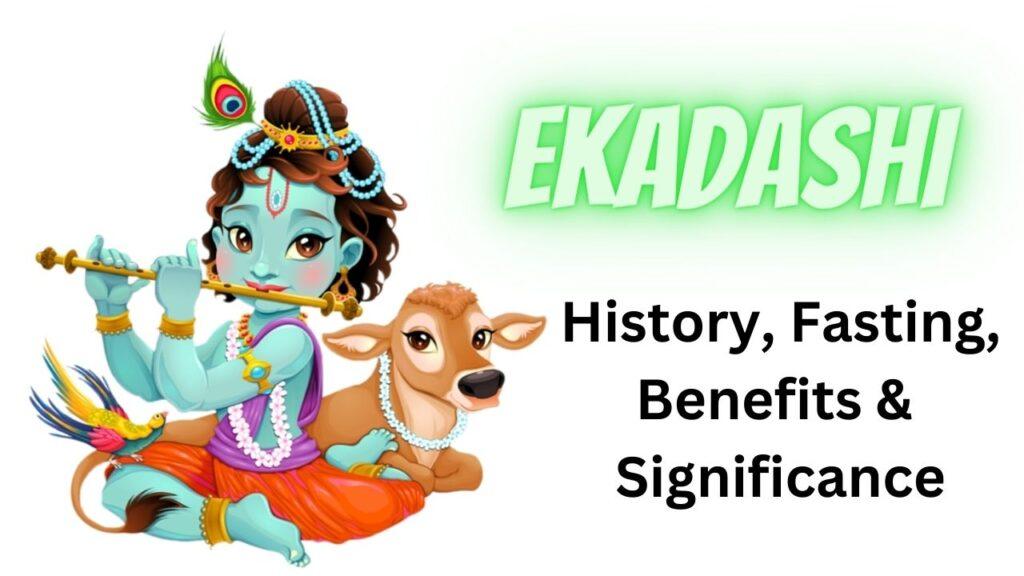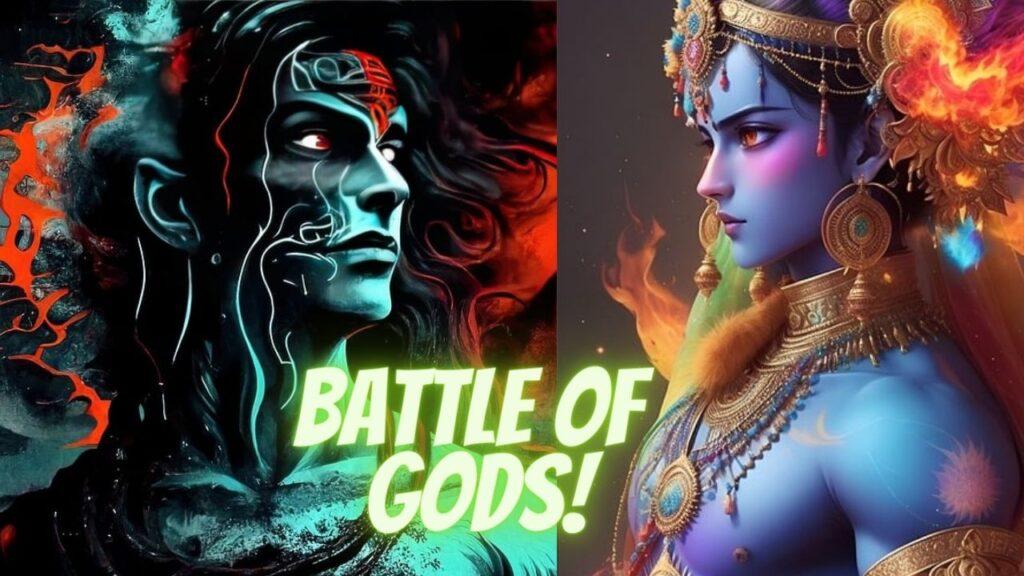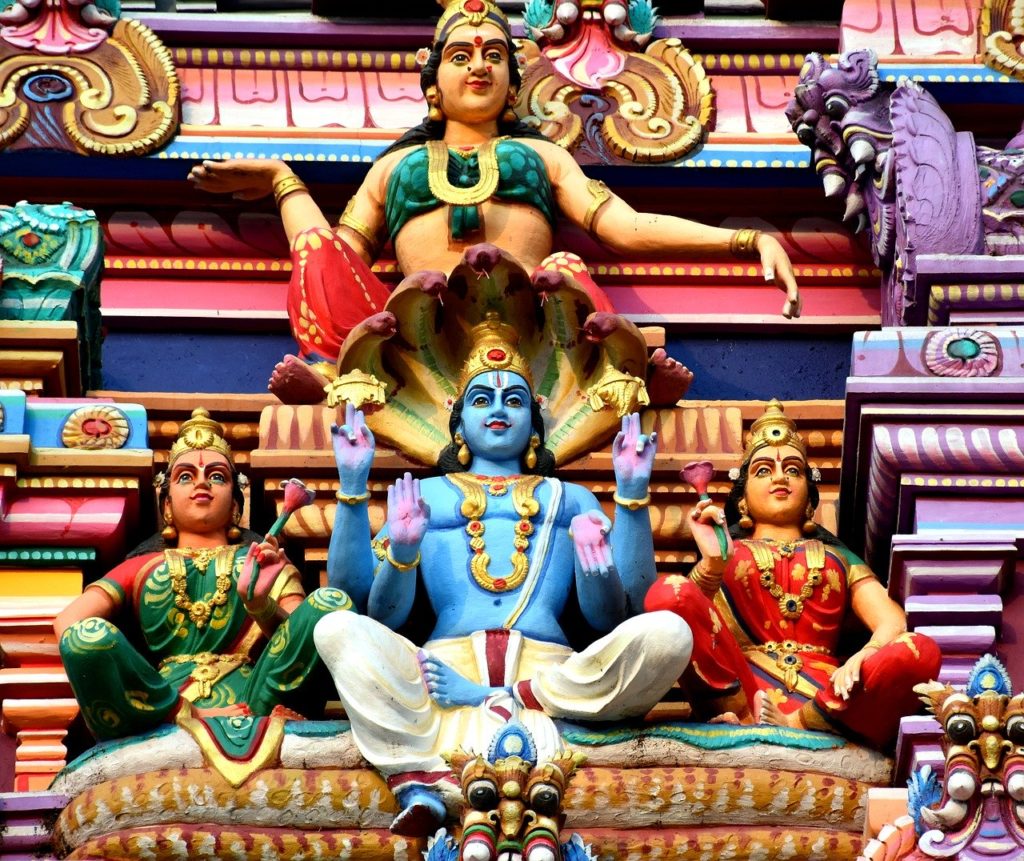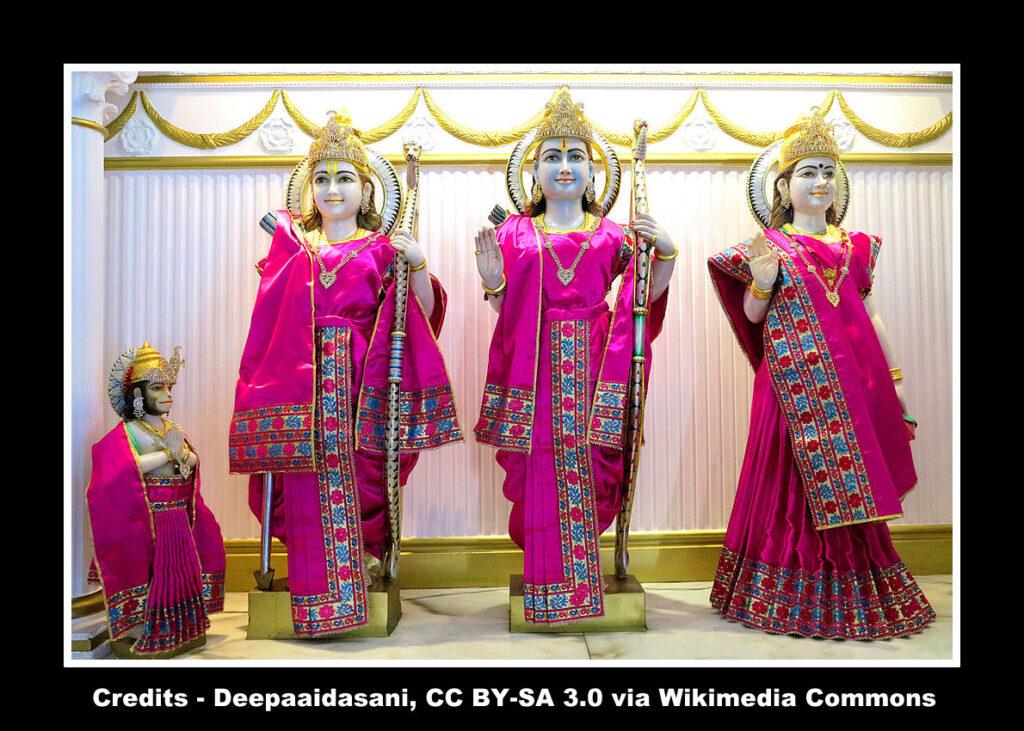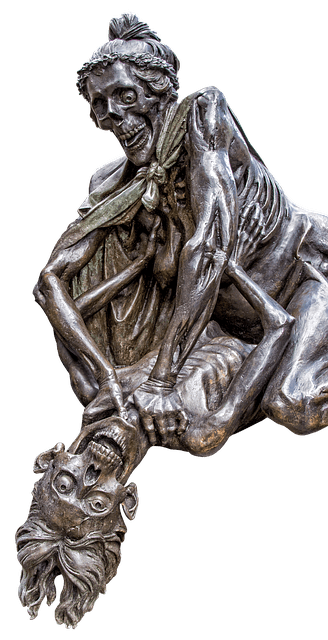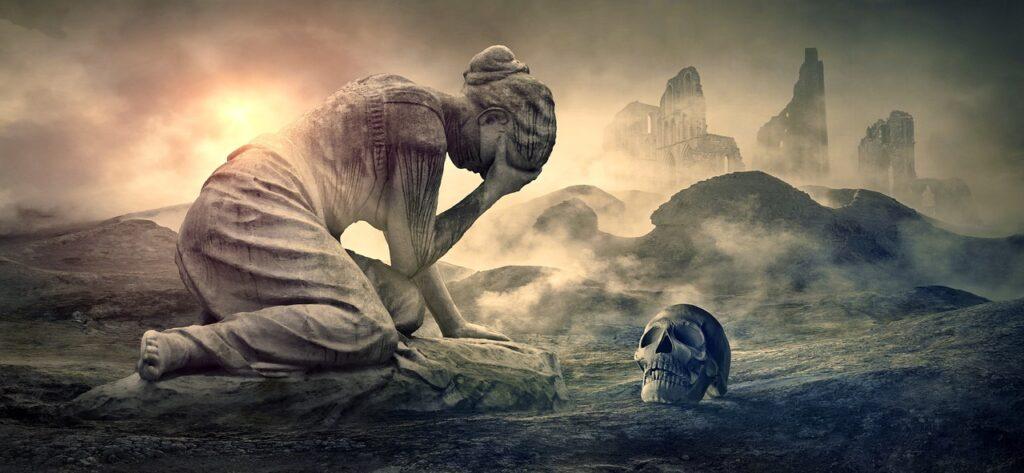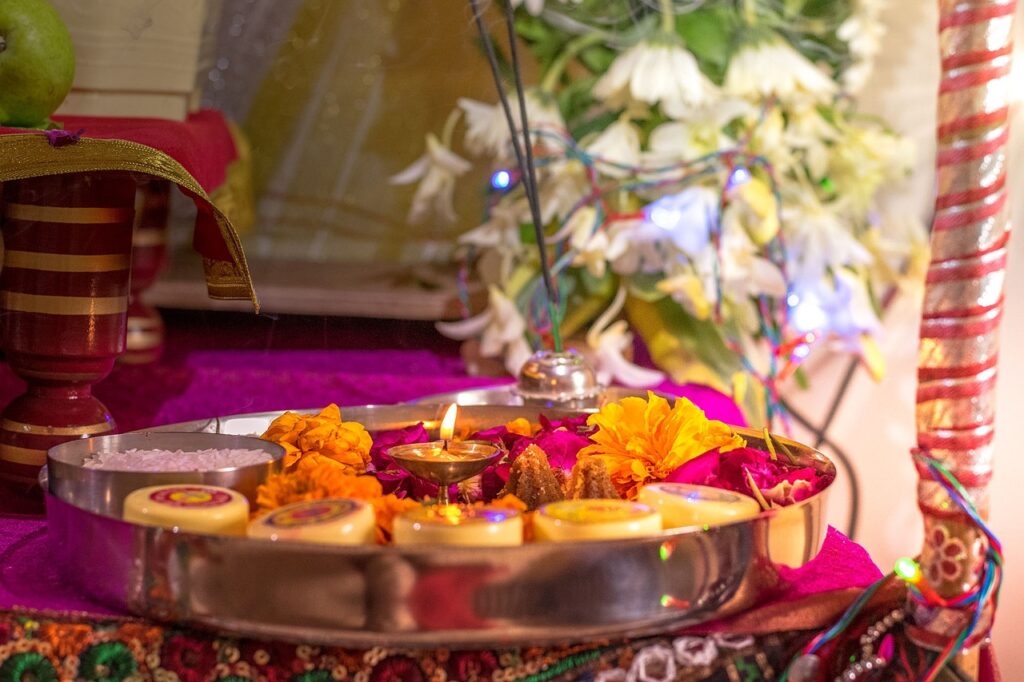
Mother Ganga, flowing gracefully from the divine lotus feet of Krishna, the Supreme Lord, is revered as “patita pavani,” the celestial purifier of the fallen souls. Ganga manifests as the embodiment of purity and compassion. Through her meandering course, she graciously washes away the sins and impurities of those who seek redemption, offering them a path of spiritual rejuvenation.The ancient scriptures, enriched with divine wisdom, beautifully depict Ganga’s significance as a purifying force. This article endeavors to explore the profound verses from sacred scriptures that vividly illustrate her unparalleled purifying essence.
